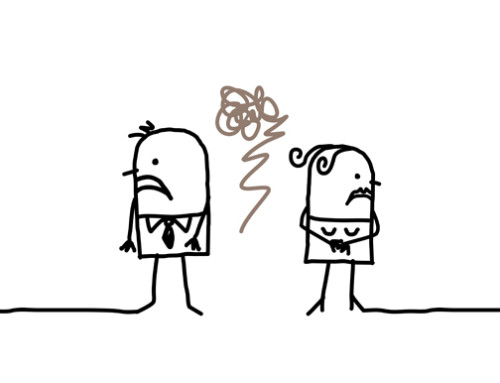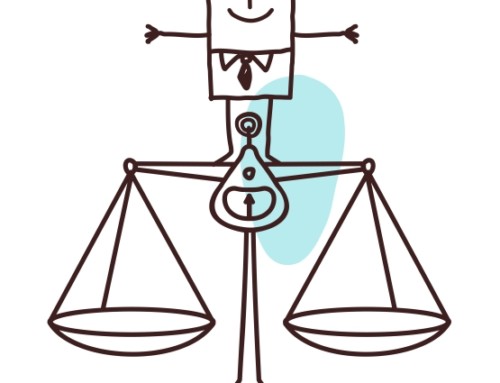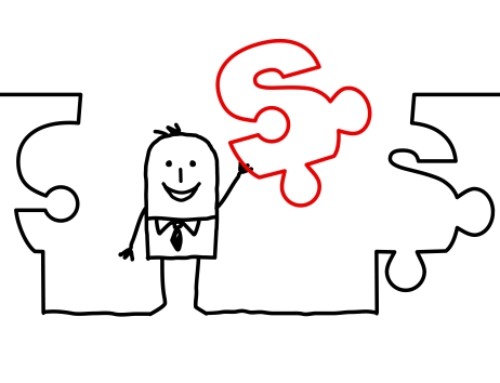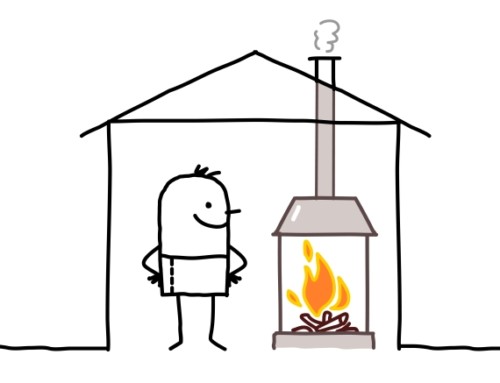Have you ever ended a relationship and then reconsidered your decision? This article will help you to make the best decisions about whether to make up after a break-up.
Example: A typical break-up, make-up scenario
Consider the following scenario: You’ve been dating someone for almost a year. Although the relationship was enjoyable early on, for most of its history both you and your partner have not been enjoying it. You’ve found over time that you have little in common. The result is that time spent talking with each other or sharing activities is so unpleasant that you avoid doing so. More often than not, talking leads to arguments partly because you differ in your attitudes on most issues and on many fundamental values.
Because the relationship does not appear to be a fit for either of you, you tell your partner that you want to break up so that each of you can find someone with whom you are more compatible. Once you have had this necessarily difficult conversation, you look forward with relief to moving on from this relationship.
Then something unexpected and disturbing happens. After a few days away from your ex-partner, you find yourself not only missing them but feeling strong anxiety as a result of being away from them. You can’t stop thinking about them. This leads you to begin to reevaluate them and the relationship. You begin recalling positive experiences you’ve had with them and qualities you appreciate in them. You put a more positive and understanding spin on the negative factors which characterized much of the relationship. You conclude that the discomfort you’re experiencing is a signal that you’ve made a mistake in ending the relationship and that the two of you are meant to be together. Your face suddenly brightens at the prospect of being able to end the pain you’re experiencing by calling your ex- and telling them you want to get back together.
Almost in a panic, you call your ex- to tell them you’ve made a mistake and ask them to take you back. Fortunately, your ex- is also eager to get back together and confides that they have also been miserable since the break-up. For the next while, your resurrected relationship is rejuvenated as you and your partner look forward to sharing time together with excitement and passion. This reinforces your previous gut feeling that breaking up was a mistake.
As time goes on after this ‘reunification’, the fun, passion and excitement begin to wear off. Before you know it, you are experiencing the very same concerns which led you to break up. You are considering ending the relationship a second time but think better about doing so because of what happened the last time you did. You conclude from what you went through during the break-up that, although your relationship has many problems, this is still the person you are meant to be with. You decide to stay with them and try, without success, to take steps to improve the relationship. You stay in this relationship which you think of as ‘mediocre’ indefinitely, rarely enjoying it but consoling yourself with the knowledge that you are with the person meant for you.
Poor decisions to reunite: Relying too much on your gut and not enough on your mind
The above is a fairly common scenario I’ve encountered with clients I’ve seen in counseling. It depicts the problems inherent in relying too much on your heart and gut and not enough on your mind in making relationship decisions. Let’s consider how using your mind would have led to a better outcome in the above scenario.
Instead of relying on your gut feelings, you evaluate the relationship objectively and decide that for most of it your experience has been largely negative. You ask yourself whether anything in your relationship has changed to make the second go-round likely to be better than the first. You answer is negative and you therefore decide not to call your partner and continue to move on. You also decide that the painful feelings you are experiencing are normal when a close relationship ends—even a bad one—and that the pain will eventually end. It does and you ultimately wind up in a more enjoyable relationship with a partner who is clearly a better match for you.
Why people rely on their feelings to guide them: The attachment system
If using your mind rather than your heart tends to be more effective in making key relationship decisions like in the above scenario, why do so many people do the opposite? I would argue that people often lean toward following their feelings because of their attachment system.
Built into all of us through evolution, the attachment system is triggered whenever we experience significant losses or separations from people close to us. The response triggered is an experience of significant distress and discomfort in one’s thoughts and emotions. It has been compared by some experts to the intense negative feelings a person experiences when withdrawing from a drug. And, just like with a drug, these intense ‘withdrawal symptoms’ gradually go away the more time passes from the ending of the relationship.
Problems caused by romanticizing your attachment feelings
Unfortunately, many people don’t have this ‘normalizing’ perspective on the pain they’re experiencing in the wake of a break-up. They begin to ‘romanticize’ the attachment feelings. Instead of viewing these feelings as part of a predictable biological process which will eventually run its course, they attach romantic meaning to the feelings such as in the example: “My feelings are telling that I am meant to be with this person and that breaking up with them was a mistake.”
Romanticizing one’s attachment feelings typically leads the person to view the relationship they recently ended in a distorted manner. This is illustrated in the example by the person selectively focusing on a few positive experiences and characteristics while selectively ignoring and putting an unjustified positive spin on the more numerous negative experiences and characteristics. The result is that the person performs a flawed evaluation of the relationship and thereby fails to consider what steps would be necessary to make the relationship better. Using the romanticized view of their attachment feelings as their sole guide, they make an improper decision to get back together.
How to make better decisions about whether to reunite: Four key steps
So how do you make better decisions about whether to consider getting back together with someone after breaking up with them? First, use your mind more than your heart or your gut feelings–especially romanticized attachment feelings–in making the decision. Remind yourself that the pain of loss you’re experiencing is a normal process when any close relationship ends, even if it makes sense to have ended the relationship. These feelings are not reliable signals as to whether you should reconsider your decision.
Second, critically and objectively evaluate the quality of your experience in the relationship based on recalling the details of as many experiences as possible, good and bad. Talking with a close friend or therapist who can help you to do this in a systematic and objective manner is often helpful.
Third, if your critical analysis indicates that your decision to end the relationship was sound, determine whether steps can be taken to improve the relationship so that it will be better the second time around. For example, perhaps steps can be taken to reduce major sources of relationship stress. Going for individual and/or couple counseling might also bode well for improvement in the relationship.
Finally, if you decide that your reasons for ending the relationship are sound and there is little prospect of positive change occurring if you get back together, do what you need to do to get through the worst of the ‘withdrawal symptoms’ you’re experiencing while sticking to your decision to stay apart. Although people find different strategies helpful during this period, many find it useful to devote part of their day to individually grieving the ended relationship and the rest of the day to engaging in activities to take their mind off the topic—self-care and interaction with close supportive friends and/or a therapist should be among these activities. Having one or more people you can call when you are tempted to contact your ex-partner can be an important component of this period. If you follow these strategies, your pain will gradually subside and you will eventually be ready to consider becoming involved in a new and better relationship.
Summary: Get your mind involved to make the best ‘reunification decisions’
In summary, although there are many instances in life and in relationships in which following your feelings can be helpful, deciding to get back together with someone based primarily on your feelings is unlikely to be in your best interests. In these instances, get your mind involved in the decision-making process.
Here’s to your making the best ‘relationship revival’ decisions,
Dr. Keelan





